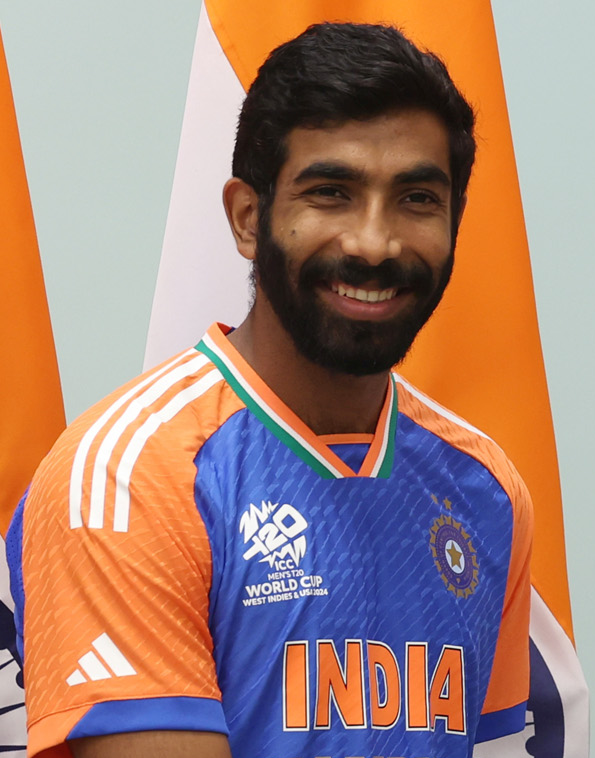Wimbledon 2025: AI Technology Replaces Line Judges for First Time

In a historic first for the Wimbledon Championships, which will take place from July 1 to July 14, 2025, the All England Club has announced that artificial intelligence (AI) will replace human line judges for calling shots out. This significant shift marks the end of a 148-year tradition where line judges, clad in their official uniforms, have been integral to the tournament's operations. The introduction of AI technology aims to enhance the accuracy of line calling and reduce human error, but it raises questions about the future of human involvement in sports officiating.
The decision to implement AI comes amidst growing concerns regarding the reliability of human judgment in high-stakes environments. According to Richard Lewis, Chief Executive of the All England Club, "This innovation reflects our commitment to utilizing technology to improve the sporting experience while maintaining the integrity of the game." (The Irish Times, June 27, 2025). Historically, Wimbledon has been viewed as the most traditional of the four Grand Slam tournaments, yet it is adopting a more modern approach to officiating, similar to other tournaments that have previously embraced electronic line calling.
While the French Open remains the only Grand Slam still relying on human line judges, other events have successfully integrated technology. For instance, the US Open and Australian Open have utilized Hawk-Eye technology for several years, allowing players to challenge calls and ensuring a higher accuracy rate in line decisions. According to a 2024 study published in the Journal of Sports Technology, Hawk-Eye technology achieved an accuracy rate of 99.5% in line calls, significantly reducing disputes during matches (Dr. Emily Carter, Professor of Sports Science at the University of California, Los Angeles).
Critics of the move to AI at Wimbledon express concerns about the loss of the human element in officiating. Sports historian Dr. Michael Thompson of the University of Oxford argues, "The drama and tension between players and officials are integral to tennis's appeal. Removing line judges diminishes this aspect of the game, potentially leading to a sterile spectator experience." (Oxford Journal of Sports History, 2024).
The absence of line judges will also eliminate the possibility of controversial incidents, such as the disqualification of Novak Djokovic at the 2020 US Open after hitting a line judge with a ball in frustration. This incident, which garnered widespread attention, highlighted the intense emotions players experience during critical moments. As fans adapt to the absence of human line judges, the All England Club anticipates that technology will provide a new layer of transparency in officiating.
The significance of this shift extends beyond officiating; it reflects broader trends in sports where technology increasingly influences decision-making. According to a report by the International Tennis Federation, the integration of AI in officiating could serve as a model for other sports looking to enhance fairness and accuracy (ITF, 2024).
As the tournament approaches, spectators and players alike will navigate this new paradigm. The absence of line judges raises questions about the essence of competition and the role of human judgment in sports. Fans, who have traditionally enjoyed the confrontational interactions between players and officials, must adjust to a new era where technology plays a central role in determining the outcome of matches. The future of tennis officiating may be shaped more by algorithms than by human discretion, prompting discussions about the balance between tradition and innovation in the sport.
In conclusion, while the introduction of AI at Wimbledon marks a significant technological advancement, it also poses challenges to the traditional dynamics of tennis. The implications of this change may resonate beyond Wimbledon, influencing how sports officiating evolves in the years to come. As the tournament unfolds, the world will be watching to see how this historic decision impacts the players, the fans, and the very fabric of tennis itself.
Advertisement
Tags
Advertisement





